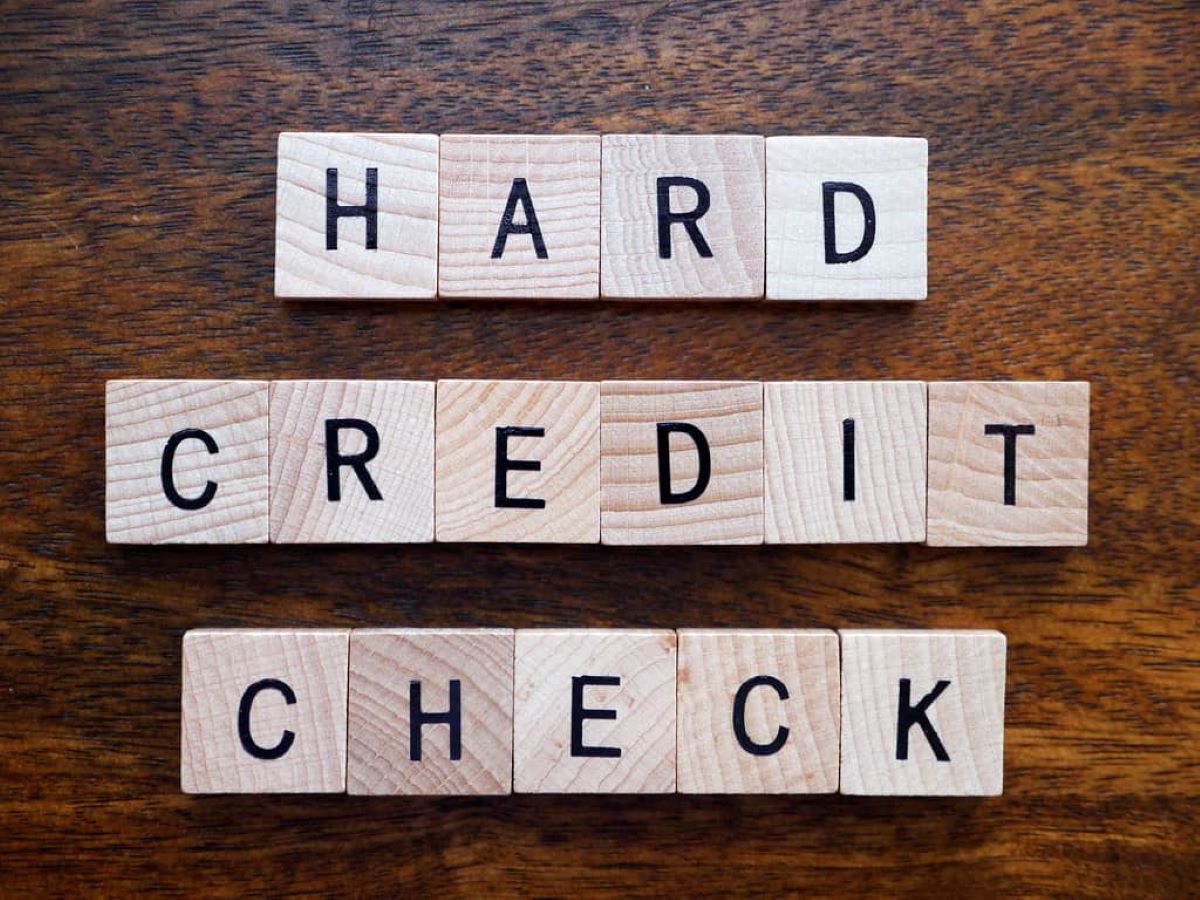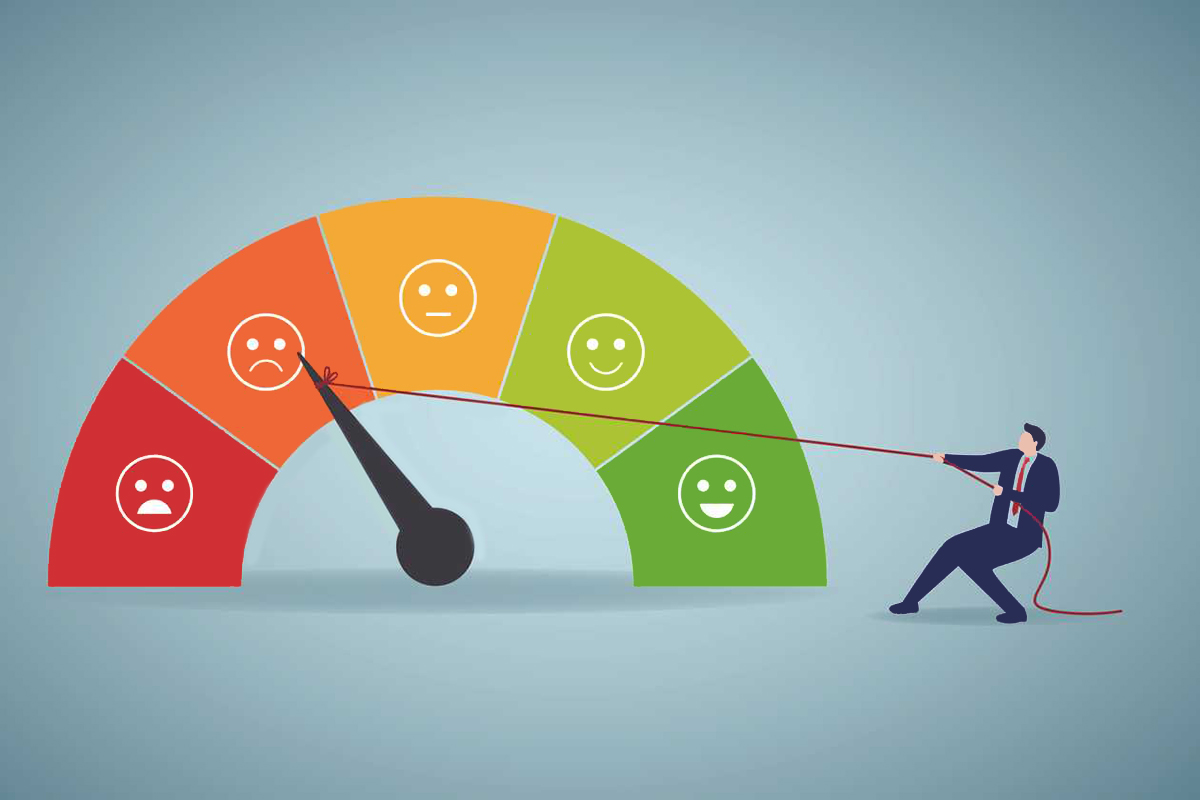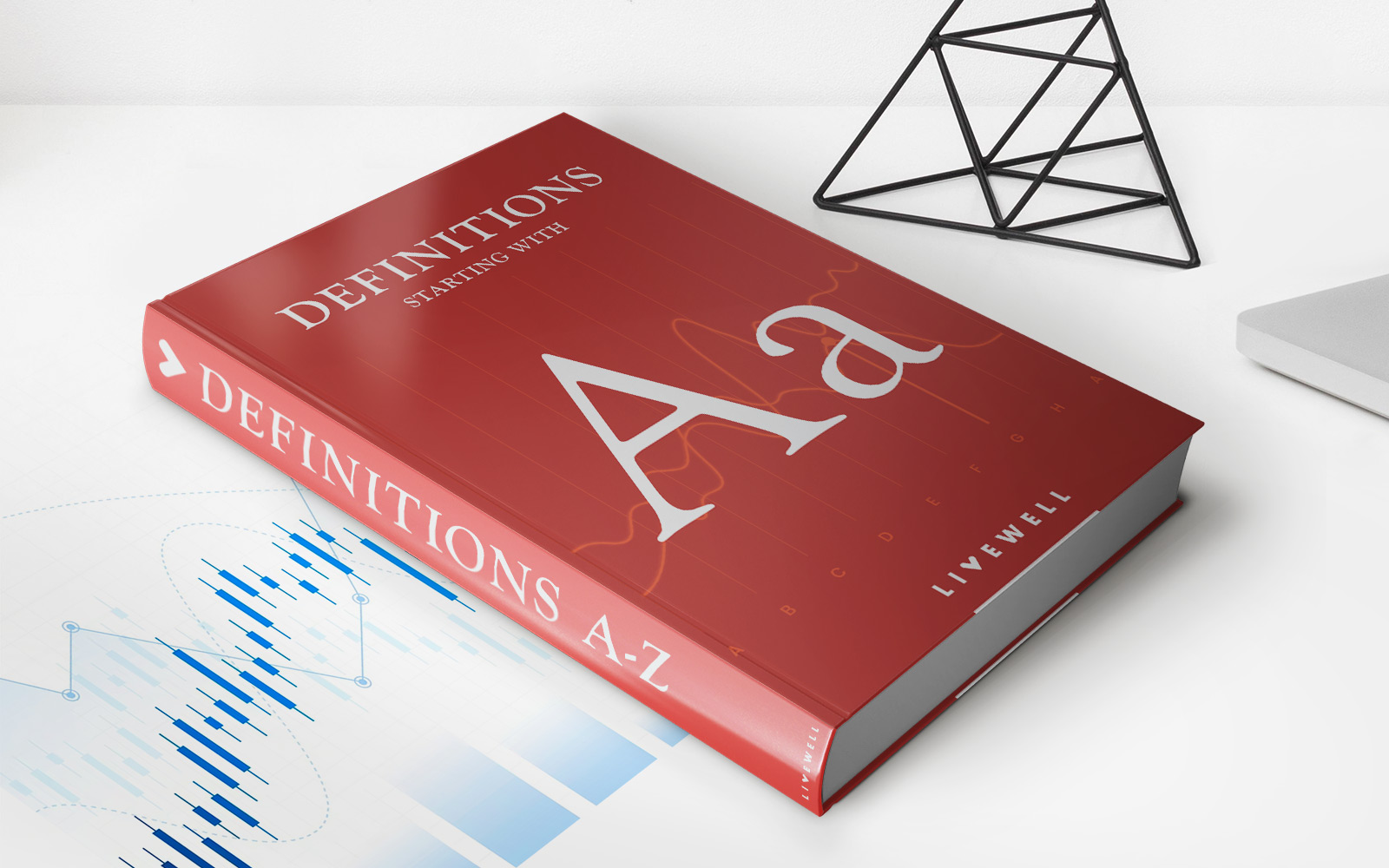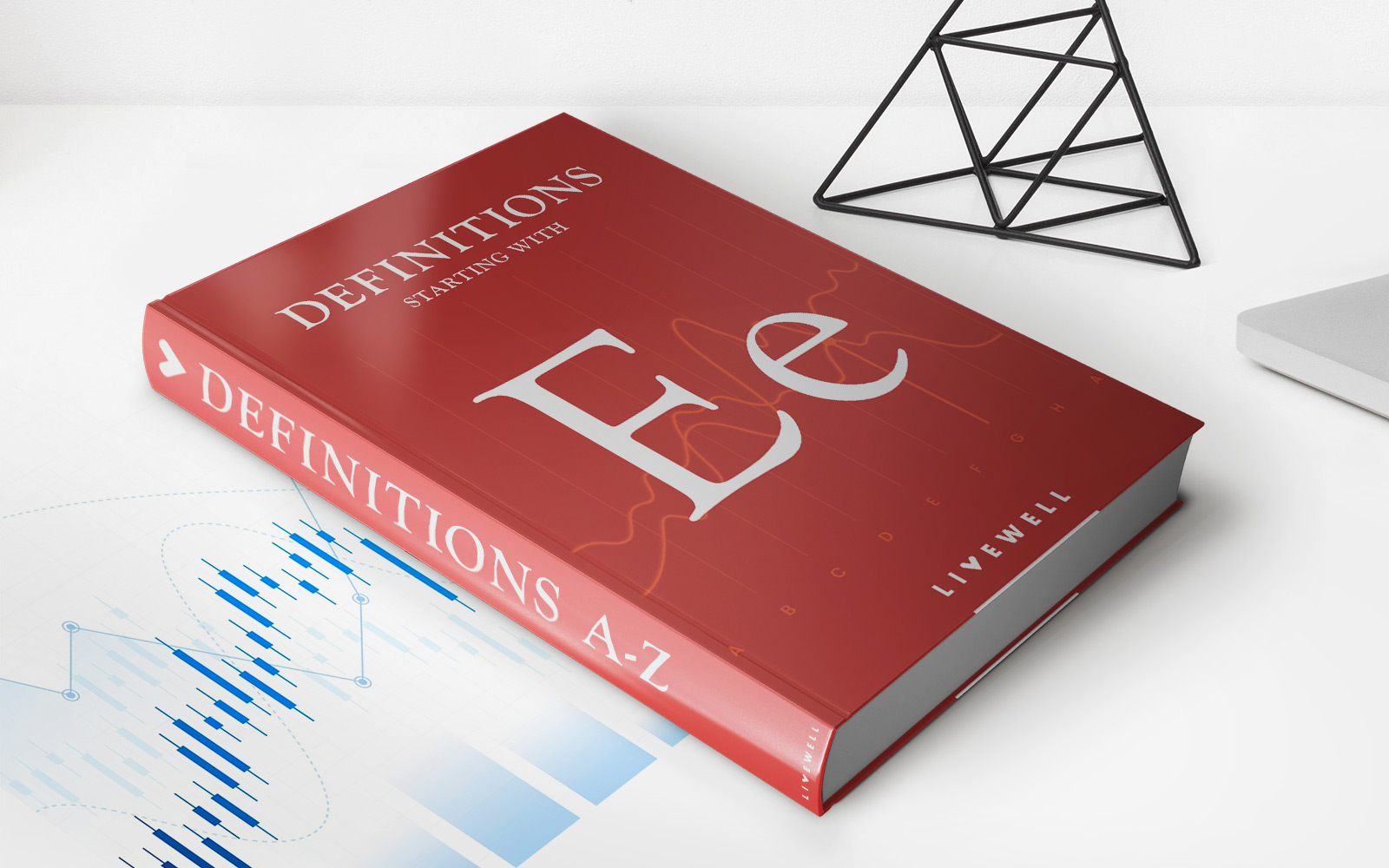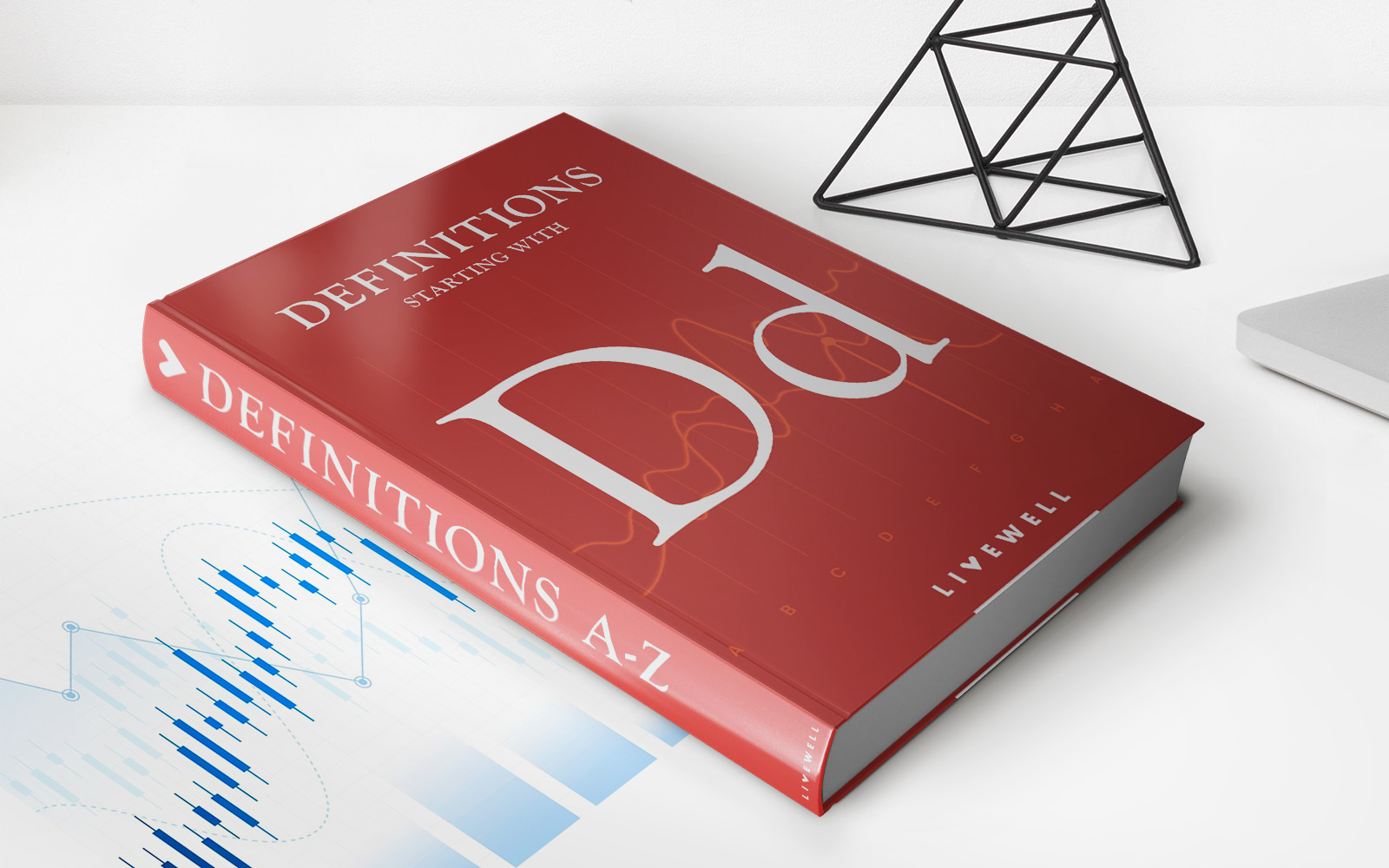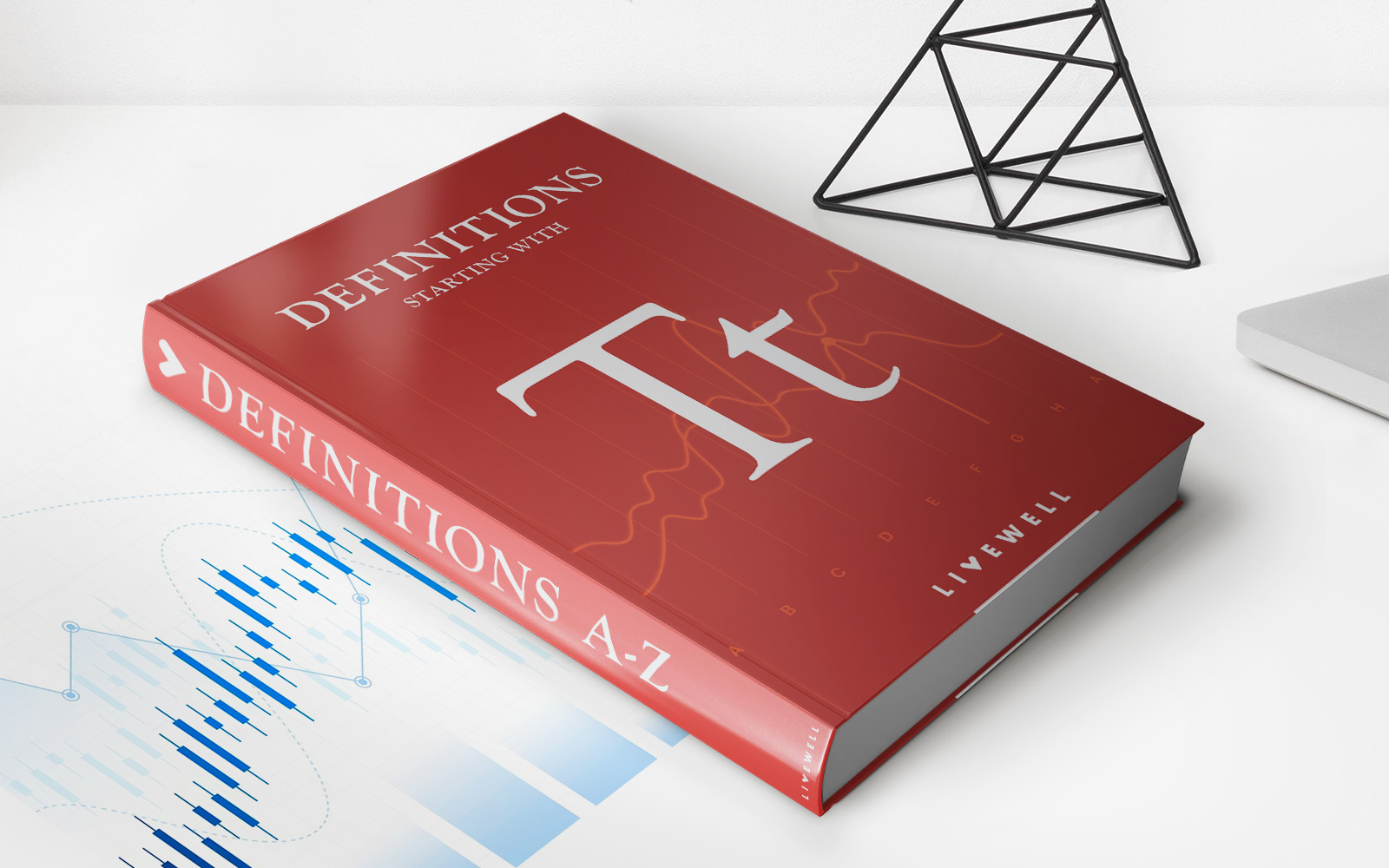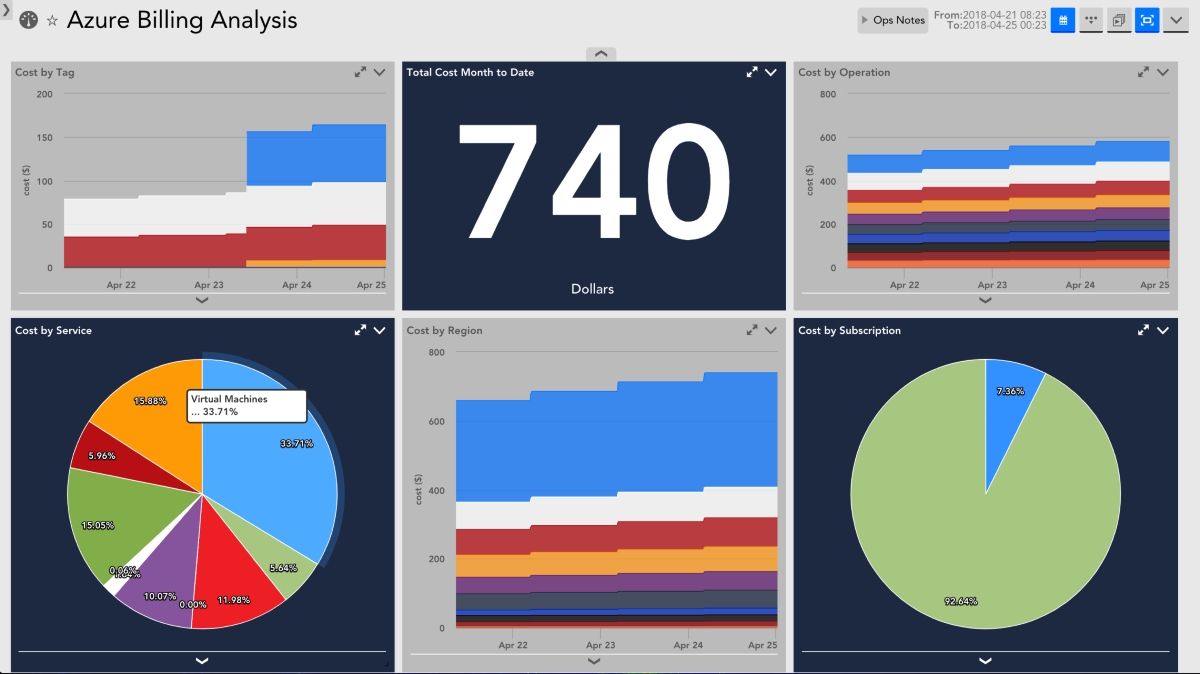

Finance
How High Of Credit Utilization Affects Score
Published: March 6, 2024
Learn how high credit utilization impacts your finance score and discover strategies to improve it for better financial health. Understand the effects of credit utilization on your overall finance.
(Many of the links in this article redirect to a specific reviewed product. Your purchase of these products through affiliate links helps to generate commission for LiveWell, at no extra cost. Learn more)
Table of Contents
Introduction
Welcome to the world of credit scores and financial well-being! Understanding the factors that influence your credit score is crucial for making informed decisions about your financial health. One such factor that holds significant sway over your credit score is credit utilization. In this article, we’ll delve into the concept of credit utilization, its impact on credit scores, and the repercussions of high credit utilization. Moreover, we’ll equip you with valuable tips for managing credit utilization effectively to maintain a healthy credit score.
As you navigate the intricate landscape of personal finance, your credit score stands as a pivotal measure of your creditworthiness. Lenders, landlords, and even potential employers often scrutinize this three-digit number to gauge your financial reliability. Therefore, comprehending the nuances of credit utilization and its correlation with credit scores can empower you to take proactive steps toward financial stability.
Join us as we embark on a journey to unravel the mysteries of credit utilization and its profound impact on your financial standing. By the end of this article, you’ll possess a comprehensive understanding of how high credit utilization affects credit scores and gain valuable insights into managing this crucial aspect of your financial profile.
What is Credit Utilization?
Credit utilization refers to the ratio of your credit card balances to your credit limits. It is a fundamental component of your credit score calculation and holds considerable weight in determining your overall creditworthiness. This metric provides insights into how responsibly you manage your available credit and serves as a key indicator of your financial prudence.
Expressed as a percentage, credit utilization is calculated by dividing the total outstanding balances on your credit cards by the sum of all your credit limits and then multiplying the result by 100. For instance, if you have a total credit card balance of $2,000 and a combined credit limit of $10,000, your credit utilization ratio would be 20%.
Lenders and credit bureaus scrutinize this ratio to assess your reliance on credit and your ability to manage debt responsibly. A lower credit utilization ratio is generally perceived favorably, signaling that you are using credit conservatively and not overly reliant on borrowed funds. On the other hand, a higher credit utilization ratio may raise concerns about your financial stability and capacity to handle additional debt.
Understanding the significance of credit utilization is paramount for maintaining a healthy credit profile. By managing this aspect prudently, you can positively influence your credit score and bolster your financial standing. Now that we’ve explored the essence of credit utilization, let’s delve into how it impacts your credit score.
How Credit Utilization Affects Credit Score
Credit utilization plays a pivotal role in shaping your credit score, exerting a substantial influence on this crucial financial metric. FICO, one of the most widely used credit scoring models, considers credit utilization as a key factor in its score calculation, accounting for approximately 30% of your overall FICO score. This underscores the significance of maintaining an optimal credit utilization ratio to safeguard and enhance your creditworthiness.
When assessing the impact of credit utilization on credit scores, it’s essential to recognize the interplay between utilization levels and creditworthiness. A lower credit utilization ratio, typically below 30%, is generally associated with positive credit behavior and responsible financial management. This signals to lenders and credit bureaus that you are using credit conservatively and are not overly reliant on borrowed funds, thereby contributing positively to your credit score.
Conversely, a higher credit utilization ratio, especially exceeding 30%, can raise red flags and potentially dent your credit score. This is indicative of a higher reliance on credit and may suggest financial strain or an increased likelihood of default. Consequently, it can lead to a downgrade in your credit score, potentially limiting your access to favorable lending terms and financial opportunities.
It’s important to note that credit utilization is not solely evaluated on an aggregate level but also on an individual account basis. Maxing out a single credit card, even if the overall utilization ratio is within an acceptable range, can still have a detrimental impact on your credit score. Therefore, prudent management of individual credit card balances is equally critical in maintaining a positive credit profile.
By comprehending the intricate dynamics of credit utilization and its profound impact on credit scores, you can adopt strategic measures to optimize this aspect of your financial portfolio. Now, let’s explore the specific repercussions of high credit utilization on credit scores to gain deeper insights into its implications.
The Impact of High Credit Utilization on Credit Score
High credit utilization can exert a significant and adverse impact on your credit score, potentially undermining your overall creditworthiness. When your credit utilization ratio climbs to elevated levels, it sends concerning signals to creditors and credit bureaus, triggering repercussions that can tarnish your credit profile.
One of the primary consequences of high credit utilization is the potential lowering of your credit score. As mentioned earlier, FICO and other credit scoring models factor in credit utilization when assessing creditworthiness. Therefore, a spike in your credit utilization ratio, especially surpassing the 30% threshold, can lead to a decrement in your credit score. This can impede your ability to secure favorable lending terms, such as mortgages or personal loans, and may even result in higher interest rates on credit products.
Furthermore, high credit utilization can signal financial distress or overreliance on credit, raising concerns among lenders about your ability to manage additional debt responsibly. This can diminish your perceived creditworthiness and may lead to heightened scrutiny or reluctance from creditors to extend new lines of credit or increase existing credit limits.
In addition to its direct impact on credit scores, high credit utilization can also have broader implications for your financial well-being. It may hinder your capacity to leverage credit for important purchases or unforeseen expenses, limiting your financial flexibility and potentially impeding your ability to navigate unexpected financial challenges.
Moreover, persistently high credit utilization can create a cycle of debt accumulation, as the accrued interest on outstanding balances adds to the financial burden. This can perpetuate a precarious financial situation, making it increasingly challenging to reduce debt and regain control over your financial stability.
Understanding the ramifications of high credit utilization on credit scores and overall financial health underscores the importance of vigilantly managing this aspect of your credit profile. By implementing effective strategies to mitigate high credit utilization, you can safeguard your credit score and fortify your financial foundation. In the following section, we’ll explore actionable tips for managing credit utilization to optimize your credit score and enhance your financial well-being.
Tips for Managing Credit Utilization
Effectively managing your credit utilization is integral to maintaining a healthy credit profile and bolstering your credit score. By implementing prudent strategies and cultivating responsible credit habits, you can optimize your credit utilization ratio and fortify your financial standing. Here are actionable tips to help you manage credit utilization effectively:
- Regularly Monitor Your Credit Card Balances: Stay vigilant about your credit card balances and strive to keep them well below the credit limits. Regular monitoring can help you identify potential spikes in utilization and take corrective measures promptly.
- Strategically Distribute Balances: Instead of concentrating significant balances on a single credit card, consider distributing the usage across multiple cards. This can help in optimizing individual credit utilization ratios and preventing any single account from reaching high utilization levels.
- Request Credit Limit Increases: Contact your credit card issuers to explore the possibility of increasing your credit limits. A higher total credit limit can lower your overall credit utilization ratio, provided your spending remains consistent.
- Pay Balances Multiple Times a Month: Making multiple payments throughout the billing cycle can help in managing credit card balances effectively, especially if you tend to use a significant portion of your credit limit each month.
- Use Credit Wisely: Exercise prudence in utilizing credit and avoid unnecessary or excessive spending. Responsible credit usage can help in maintaining a favorable credit utilization ratio and contribute to a positive credit history.
- Consider a Balance Transfer: If feasible, explore the option of transferring high-interest credit card balances to a card with a lower interest rate or a promotional 0% APR period. This can alleviate the burden of high utilization and reduce interest expenses.
- Refrain from Closing Unused Accounts: Closing unused credit accounts can diminish your total available credit, potentially elevating your credit utilization ratio. Instead, consider keeping these accounts open to maintain a lower overall utilization ratio.
- Seek Professional Guidance: If you encounter challenges in managing credit utilization or grappling with excessive debt, consider seeking advice from a financial counselor or credit counseling service. They can offer personalized insights and strategies to address your specific financial circumstances.
By incorporating these tips into your financial management practices, you can navigate credit utilization effectively and cultivate a positive credit profile. Proactive management of credit utilization not only enhances your credit score but also fosters a disciplined approach to financial stewardship. As we conclude our exploration of credit utilization, let’s reflect on the significance of this aspect in shaping your financial well-being.
Conclusion
Credit utilization stands as a pivotal determinant of your credit score and financial well-being, wielding significant influence over your creditworthiness. Understanding the nuances of credit utilization and its impact on credit scores empowers you to make informed decisions and adopt prudent financial practices. By maintaining a balanced and strategic approach to credit utilization, you can safeguard your credit score and pave the way for enhanced financial opportunities.
High credit utilization can precipitate adverse ramifications, ranging from potential credit score decrements to limitations on accessing favorable lending terms. It can also impede your financial flexibility and exacerbate debt burdens, underscoring the imperative of managing credit utilization proactively.
However, by implementing the actionable tips for managing credit utilization outlined in this article, you can navigate this aspect of your financial profile with confidence and foresight. Regular monitoring of credit card balances, strategic distribution of balances, and prudent credit usage can collectively contribute to optimizing your credit utilization ratio and fortifying your credit score.
As you embark on your journey toward financial well-being, remember that credit utilization is not merely a numerical metric but a reflection of your financial discipline and stewardship. By cultivating responsible credit habits and leveraging credit prudently, you can harness the power of credit utilization to bolster your credit score and chart a path toward enduring financial stability.
Armed with insights into the intricacies of credit utilization and equipped with actionable strategies for its management, you are poised to navigate the realm of credit scores with acumen and assurance. May your newfound understanding empower you to embark on a trajectory of financial resilience and prosperity.



